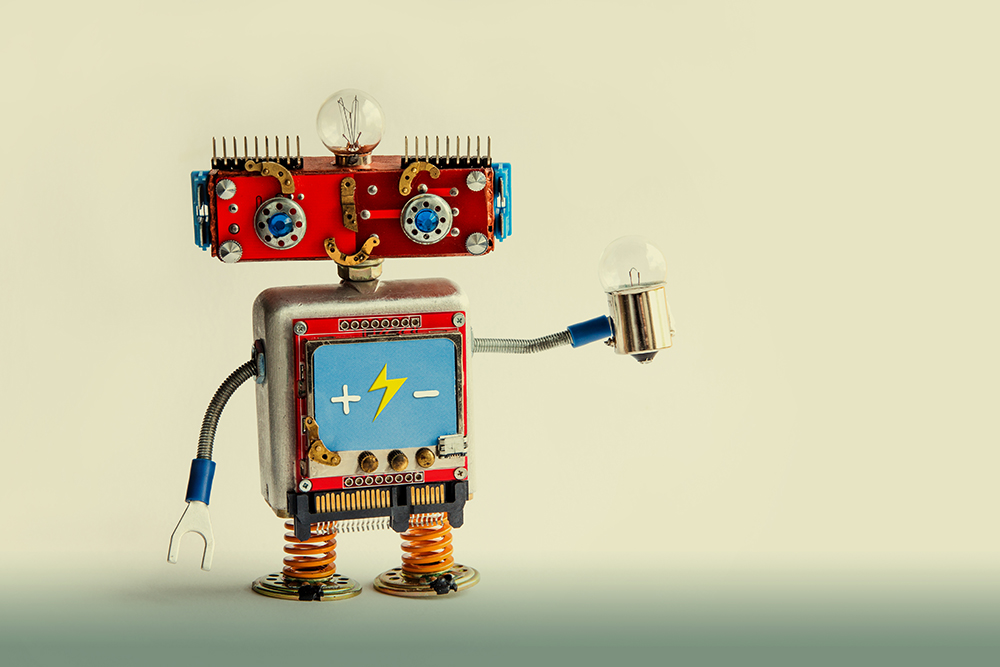If you answered your manager, you are in the minority! That’s right: Recent research found that 64% of respondents would trust a robot more than they trust their manager.
The research, conducted by Oracle and Future Workplace across 7,370 employees, managers, and HR leaders, sought to understand how artificial intelligence (AI) is changing the relationship between people and technology at work. The study, titled “AI Is Winning Hearts & Minds in the Workplace,” can be seen here.
Trust
The findings suggest that the adoption of AI at work has influenced how employees interact with their managers and that the traditional role of HR teams and managers is changing.
- 64% of people would trust a robot more than their manager, and half have turned to a robot instead of their manager for advice.
- Workers in India (89%) and China (88%) are more trusting of robots over their managers, followed by workers in Singapore (83%), Brazil (78%), Japan (76%), the United Arab Emirates (UAE) (74%), Australia/New Zealand (58%), the United States (57%), the United Kingdom (54%), and France (56%).
- More men (56%) than women (44%) have turned to AI over their managers.
- 82% of people think robots can do things better than their managers.
- When asked what robots can do better than their managers, survey respondents said robots are better at providing unbiased information (26%), maintaining work schedules (34%), problem solving (29%), and managing a budget (26%).
- When asked what managers can do better than robots, workers said the top three tasks were understanding their feelings (45%), coaching them (33%), and creating a work culture (29%).
People and Technology
Concerns surrounding AI have long included the belief that AI would replace workers. However, this study has shown that is changing. Many are welcoming AI with a sense of optimism.
- AI is becoming more prominent, with 50% of workers currently using some form of AI at work compared with only 32% last year. Workers in China (77%) and India (78%) have adopted AI over two times more than those in France (32%) and Japan (29%).
- The majority (65%) of workers are optimistic, excited, and grateful about having robot coworkers, and nearly a quarter report having a loving and gratifying relationship with AI at work.
- Workers in India (60%) and China (56%) are the most excited about AI, followed by workers in the UAE (44%), Singapore (41%), Brazil (32%), Australia/New Zealand (26%), Japan (25%), the United States (22%), the United Kingdom (20%), and France (8%).
- Men have a more positive view of AI at work than women, with 32% of men being optimistic vs. 23% of women.
The Robots Won’t Be Leaving
AI has only just begun to have a real impact on workplaces. As innovation trends up, the role of AI in the workplace will only increase.
- 76% of workers (and 81% of HR leaders) find it challenging to keep up with the pace of technological changes in the workplace.
- Workers want a simplified experience with AI at work and are asking for a better user interface (34%), best practice training (30%), and an experience that is personalized to their behavior (30%).
- Security (31%) and privacy (30%) are the main concerns preventing workers from using AI at work.
- Digital natives Gen Zs (43%) and Millennials (45%) are more concerned about privacy and security at work than Gen Xers (29%) and Baby Boomers (23%).

